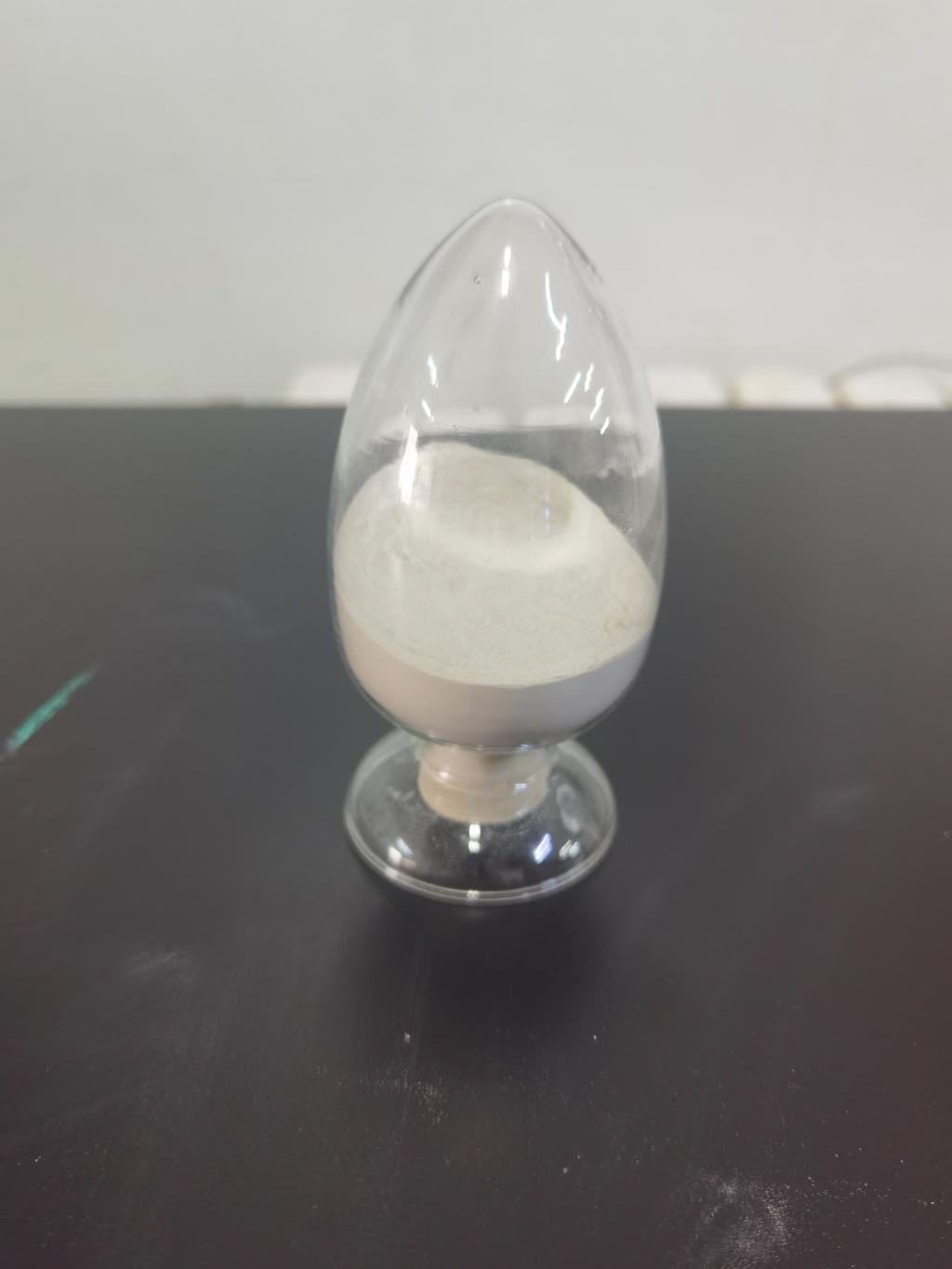Tel:+8618231198596

News
 CONTACT
CONTACT
 CONTACT
CONTACT
- Linkman:Linda Yao
- Tel: +8618231198596
- Email:linda.yao@dcpharma.cn
- Linkman:CHARLES.WANG
- Department:Overseas
- Tel: 0086 0311-85537378 0086 0311-85539701
News
Are there any studies on the potential synergistic effects of Nisin?
TIME:2023-06-14
Introduction
Nisin, a bacteriocin produced by certain strains of Lactococcus lactis, has been extensively studied for its antimicrobial properties. It exhibits inhibitory effects against a wide range of Gram-positive bacteria, including foodborne pathogens and spoilage organisms. However, the antimicrobial activity of nisin against Gram-negative bacteria is limited due to the outer membrane barrier. To overcome this limitation, researchers have explored the potential synergistic effects of nisin in combination with other natural antimicrobials.
Mechanisms of Synergy
2.1. Membrane Disruption
Nisin acts by permeabilizing the target cell membrane, leading to ion leakage and cell death. Synergistic interactions with other antimicrobials, such as essential oils, phenolic compounds, and organic acids, have been reported. These compounds disrupt the lipid bilayer and enhance the permeability of the cell membrane, facilitating the entry of nisin into the bacterial cytoplasm.
2.2. Enzymatic Inhibition
Synergy can also occur through enzymatic inhibition. Nisin has been found to inhibit the activity of certain enzymes involved in cell wall synthesis and amino acid transport. When combined with other antimicrobials that target different enzymes or pathways, a cumulative inhibitory effect can be achieved, leading to enhanced antimicrobial activity.
2.3. Biofilm Disruption
Biofilms are complex communities of microorganisms embedded in a self-produced matrix. They are highly resistant to antimicrobial agents and pose a significant challenge in various industries. Studies have shown that combining nisin with other natural antimicrobials, such as cranberry extract or chitosan, can disrupt biofilm formation and enhance the eradication of biofilm-associated bacteria.
Applications
3.1. Food Preservation
The use of natural antimicrobials in food preservation has gained considerable interest as consumers demand safer and minimally processed food products. Combining nisin with other natural antimicrobials, such as plant-derived compounds or bacteriocins, can provide synergistic effects against foodborne pathogens, prolonging the shelf life of perishable foods.
3.2. Medical and Healthcare Applications
Nisin's antimicrobial properties have also been explored in medical and healthcare settings. Its synergistic effects with other antimicrobials, such as antibiotics or plant extracts, hold potential for combating drug-resistant bacteria and preventing infections. Moreover, the use of nisin-based combination therapies may reduce the required antibiotic dosage, minimizing the risk of antibiotic resistance development.
Challenges and Future Perspectives
Despite the promising findings, several challenges need to be addressed for the practical implementation of nisin in combination with other antimicrobials. These include regulatory considerations, safety assessments, and compatibility studies to ensure stability and efficacy in various formulations. Future research should focus on optimizing the combinations, exploring novel synergistic interactions, and conducting in vivo studies to validate the findings.
Conclusion
The combination of nisin with other natural antimicrobials holds great potential for enhancing antimicrobial efficacy in various applications. The mechanisms of synergy, such as membrane disruption, enzymatic inhibition, and biofilm disruption, provide valuable insights into the development of effective antimicrobial strategies. Further research and collaboration between academia and industry are crucial to realizing the practical benefits of these synergistic combinations, ensuring food safety, healthcare advancement, and the combat against antimicrobial resistance.
- Tel:+8618231198596
- Whatsapp:18231198596
- Chat With Skype







